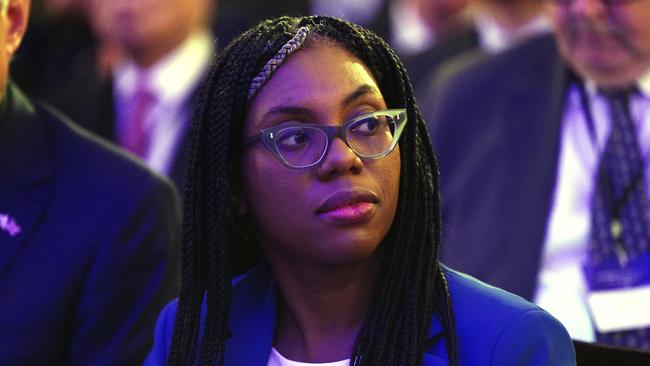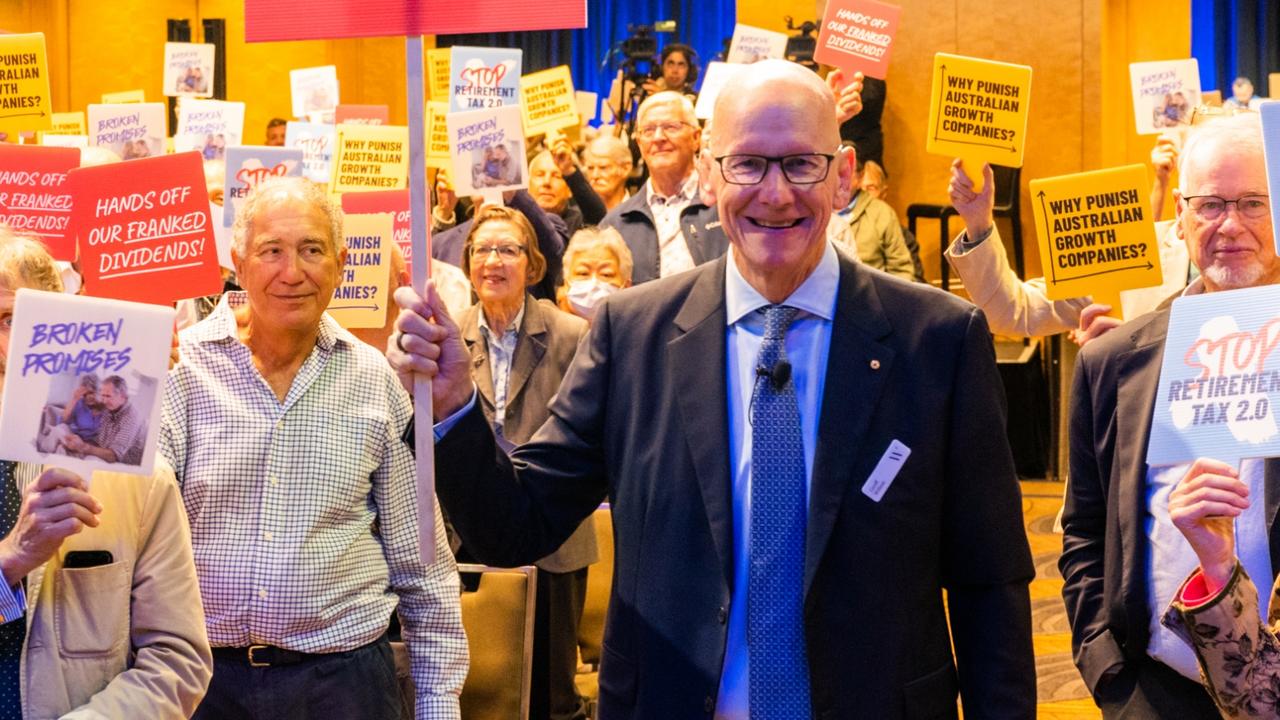$29bn of Australian superannuation money to be invested in British renewables and infrastructure
Major Australian superannuation funds have pledged more than $29bn for large-scale UK infrastructure, affordable housing and renewable energy projects.

Australian industry superannuation funds, through the global institutional arm IFM Investors, have agreed to invest £10bn ($19.5bn) in Britain over the next four years for large-scale infrastructure and renewable energy.
In addition, Aware Super, another one of the country’s biggest superannuation funds, has pledged £5bn of investment in Britain’s energy transition, affordable housing, life sciences, innovation, technology and digital infrastructure.
The two big Australian promises – investing $29bn of superannuation money from Australians – make up half of a £29.5bn package announced by British Prime Minister Rishi Sunak and Business and Trade Secretary Kemi Badenoch at Britain’s Global Investment Summit at Hampton Court Palace on Monday.
The summit has attracted chief executives of global companies including Blackstone’s Stephen Schwarzman, Aviva’s Amanda Blanc, Goldman Sachs’ David Solomon and JPMorgan Chase’s Jamie Dimon, among 200 leaders and investors.
But it is the Australian super fund money that has grabbed the headlines as Britain continues to drive its world-leading renewables program and big infrastructure plans.
The summit celebrates “British Ideas – Past, Present and Future”, from the steam train to quantum computing, and includes a reception at Buckingham Palace hosted by King Charles.
The British have been trumpeting their post-Brexit “dynamic, pro-business and high innovative economy”.
Ms Badenoch said that “our plan for growth is working”.
She said: “The numbers speak for themselves: we have the third-highest levels of inward investment in the world at $2.7 trillion, we’re number one in Europe for new investment projects, and last year alone we created 107,000 jobs through inward investment.
“People want to invest in a country with vision, ideas and growth.’’

She said the IFM Investors pledge was “a very important investment for the UK’s innovative energy and infrastructure sectors”.
Britain has enjoyed a huge spike in inward investment for renewables, rising from £19bn in 2021 to £55bn in 2022.
The British government says 11,500 jobs were created in the renewable industry last year.
At Monday’s summit the Spanish company Iberdrola confirmed £7bn of increased investment as part of a total £12bn program for 2024-28, much of it for electricity networks and a subsea transmission cable.
North Star, owned by Partners Group in Switzerland, is also committing £500m and 400 new jobs to offshore wind infrastructure.
IFM Investors – which has $217bn of funds under management – says it plans to identify commercially viable opportunities, including Nala Renewables, a Britain-based portfolio company within IFM, which wants to hit a renewable capacity target of 4GW by 2025.
The IFM Investor’s pledge is an increase on IFM’s commitment in 2022 to invest £3bn in its British infrastructure portfolio assets, which the company said it was on track to meet.
IFM Investors is already well-positioned in British infrastructure companies such as M6toll, Manchester Airports Group, Anglian Water and the satellite data company Arqiva.
The company recently secured a joint deal in Europe for a new Polish airport hub west of Warsaw.
IFM Investors chief executive David Neal said the latest memorandum of understanding with the British government was a signal of confidence in the UK as a place to invest.
“Our presence in the UK continues to grow and we look forward to working closely with the government to drive investment into large-scale infrastructure and energy transition projects across equity and debt funding,’’ he said.
He said the Australian superannuation funds system – worth around £1.8 trillion now and expected to grow to £4.7 trillion by 2040 – could be a trusted long-term partner.
“Partnerships between governments and long-term investors are necessary to unlock the potential of pension funds to invest in system-level risks such as climate change,’’’ he said.
IFM Investors head of infrastructure, Europe, Deepa Bharadwaj said there were “significant deployment opportunities”, particularly in the British energy transition in areas such as offshore wind, solar, battery storage, renewable fuels and pumped hydro.
Meanwhile, Aware Super which has committed more than £5bn to Britain, has just opened a London office.
Aware Super chief executive Deanne Stewart said: “The benefits arising from the Australia-UK Free Trade Agreement, the ease of doing business in the UK, closely aligned culture, proximity to Europe and Northern America, and warm support from both the Department for Business & Trade and the City of London were also compelling factors in our decision to invest here.”





To join the conversation, please log in. Don't have an account? Register
Join the conversation, you are commenting as Logout